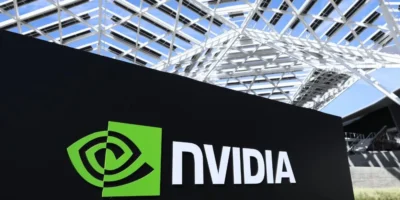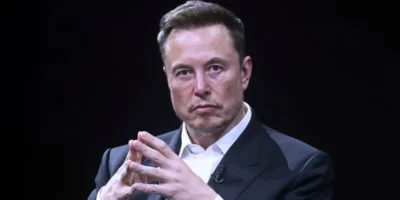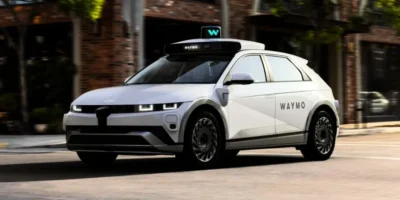Amazon’s big plan for a satellite internet network is getting a fresh identity. The company announced its “Project Kuiper” will now officially be called “Amazon Leo.” This new name directly highlights that the network uses satellites in low Earth orbit, closer to Earth. This rebrand signals Amazon’s readiness to push its long-term project closer to becoming a real service.
Amazon first introduced Project Kuiper in 2019. Its bold vision aimed to provide internet access to regions without reliable connections. The company proposed building a massive network of over 3,000 satellites. This constellation aimed to deliver high-speed internet to 95 percent of the world’s population. Building such a vast space network is complex and has taken Amazon a long time.
Over the years, Amazon has launched prototype satellites to test its technology. It also shared details of a space-based laser mesh network that enables satellite communication. Amazon even showcased the antennas customers will use. Yet, the actual deployment of the main constellation proceeded slowly. Amazon only sent its first 27 operational satellites into orbit in April 2025, several years after the project began.
In stark contrast, Amazon’s main competitor, SpaceX’s Starlink, expanded much faster. SpaceX launched its Starlink internet service in a test phase as early as 2020. Since then, Starlink has grown quickly, building a broad customer base and many partnerships. For example, SpaceX now works with T-Mobile for satellite-enabled texting. It also teamed up with airlines to offer in-flight internet connectivity.
The rebranding to “Amazon Leo” suggests Amazon is finally treating its satellite network as a commercial product. However, with Starlink’s significant head start, Amazon has considerable ground to cover. Amazon has not yet shared a specific date for when its Amazon Leo satellite internet will be widely available for personal and commercial use. Still, interested people can sign up on the Amazon Leo website for updates as the company works towards its full public launch.












